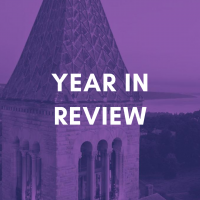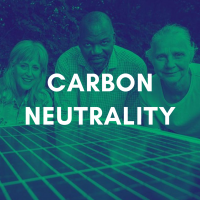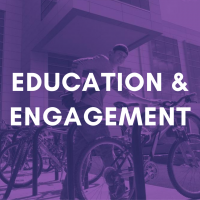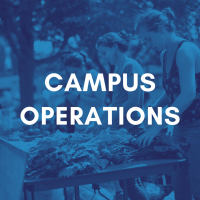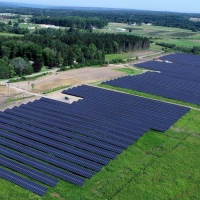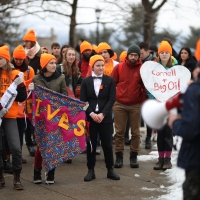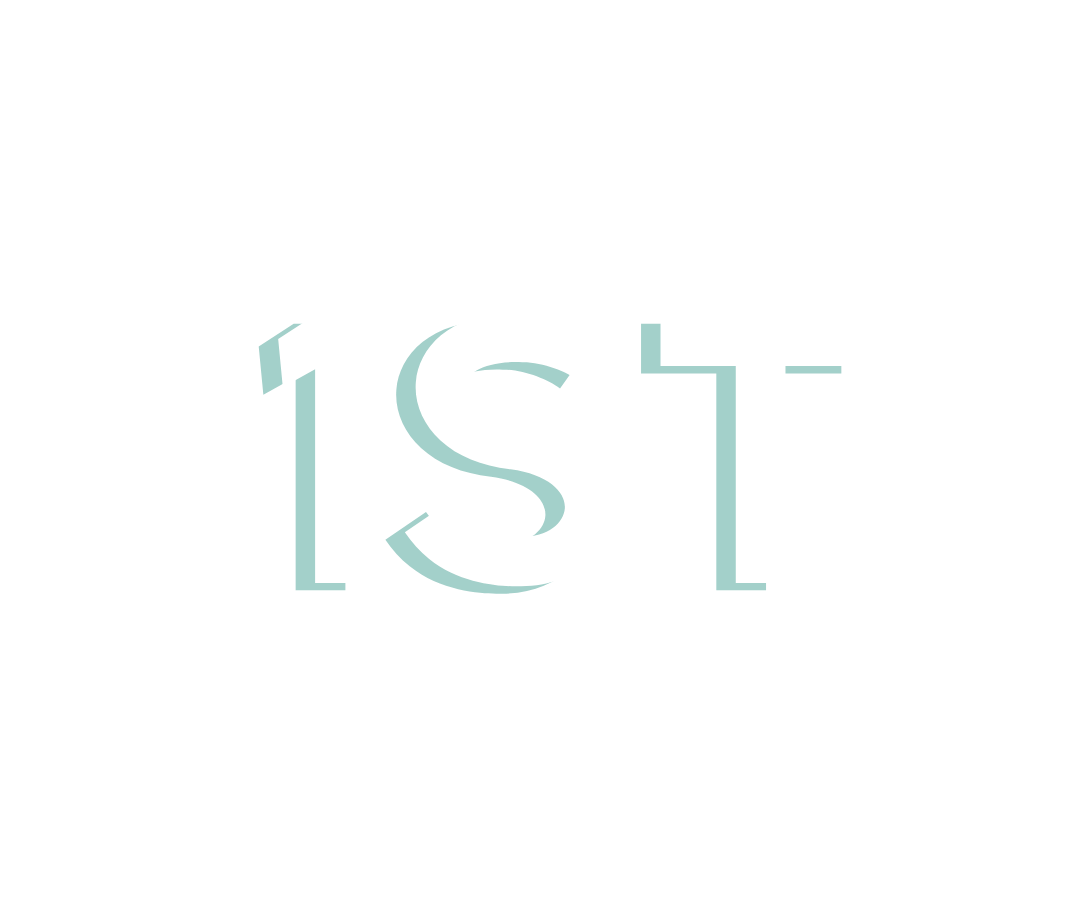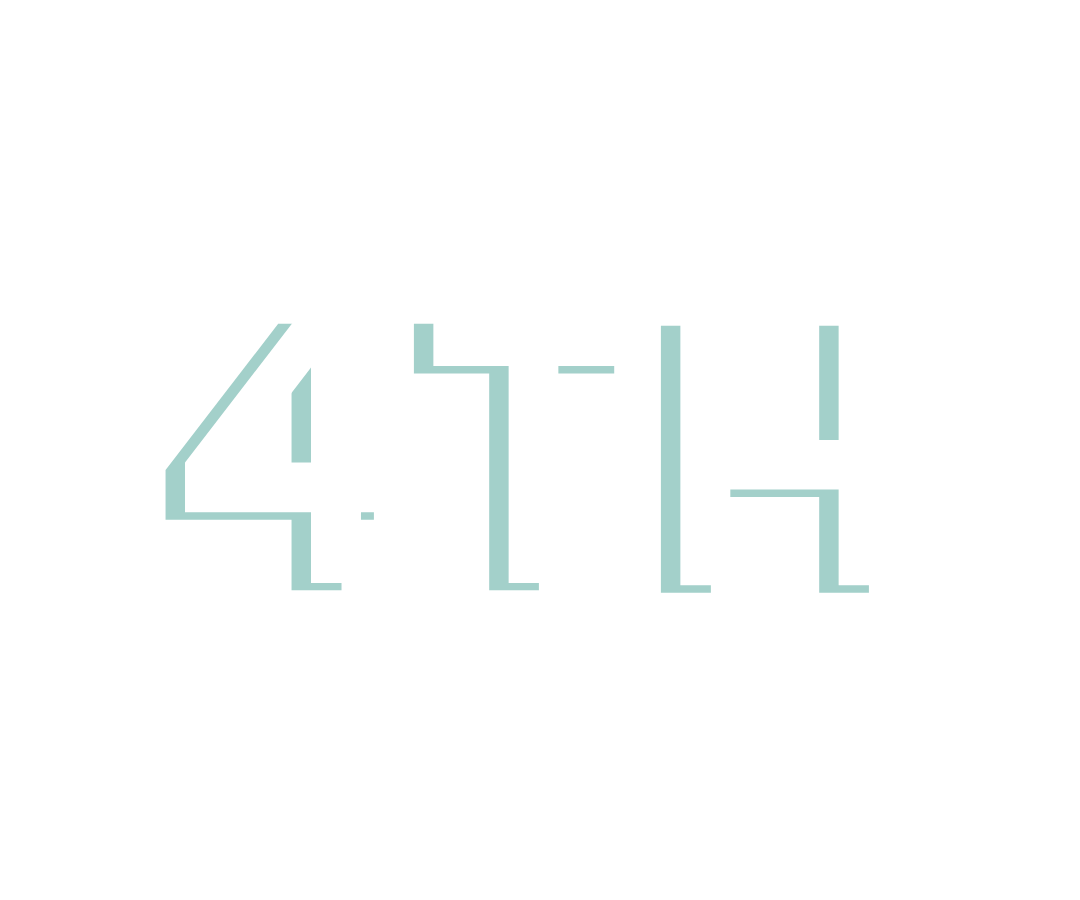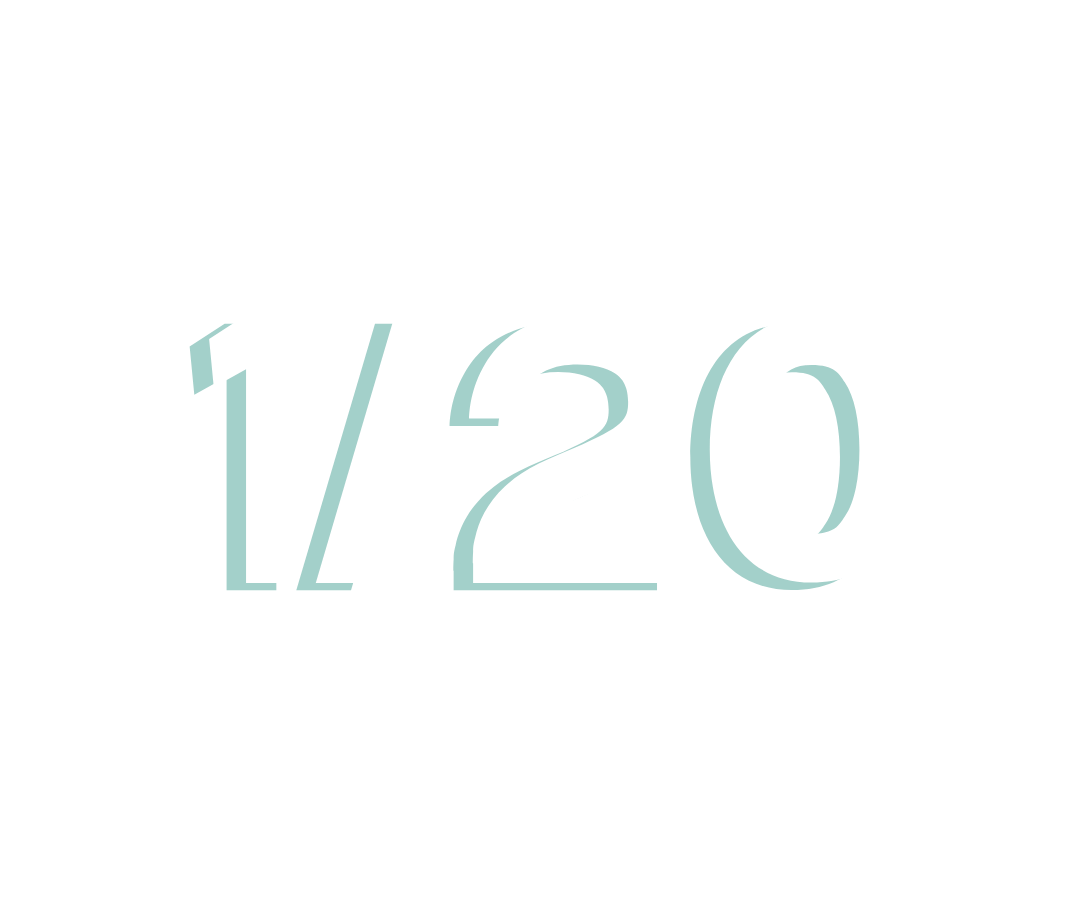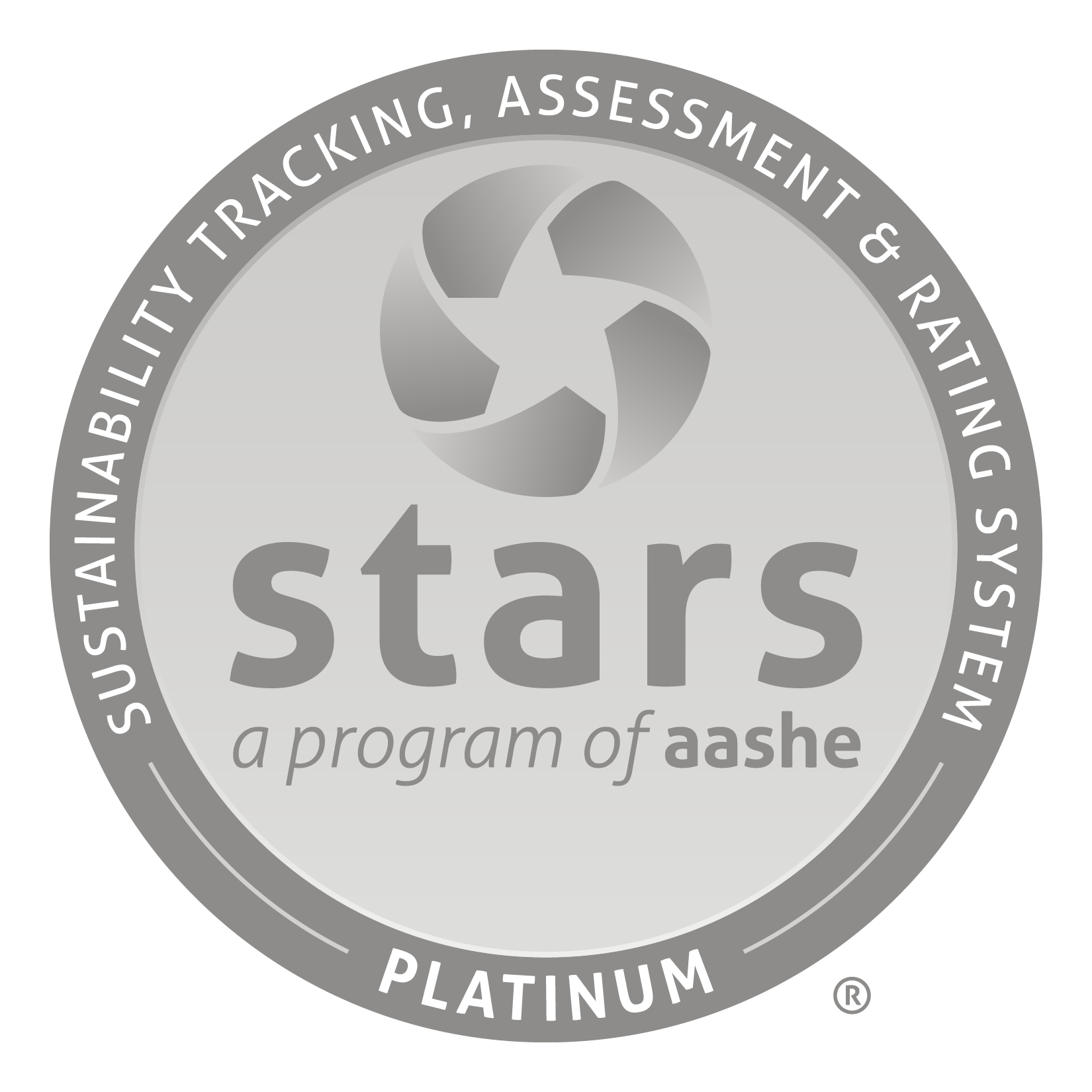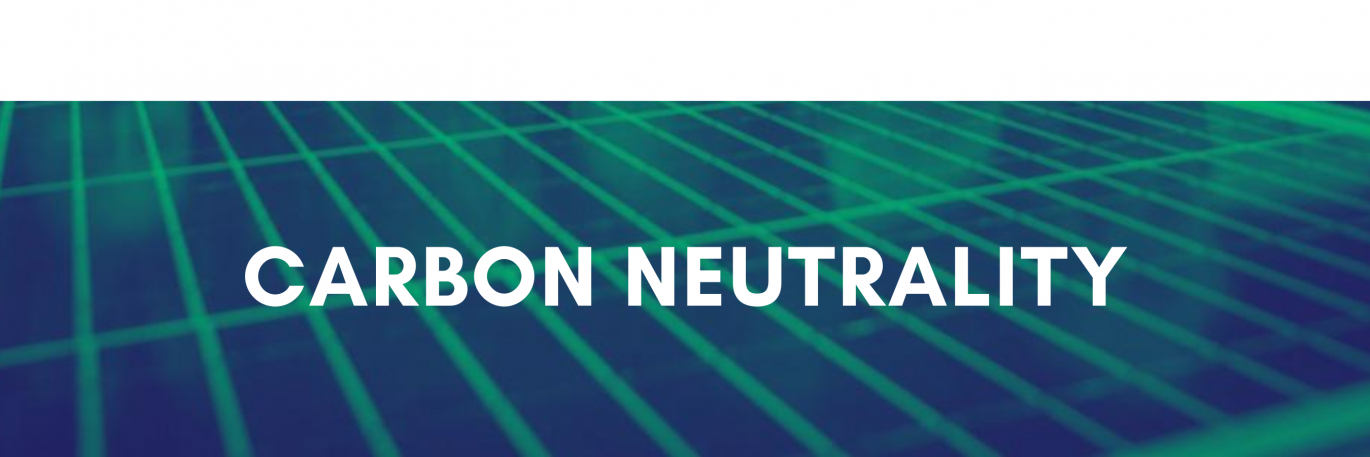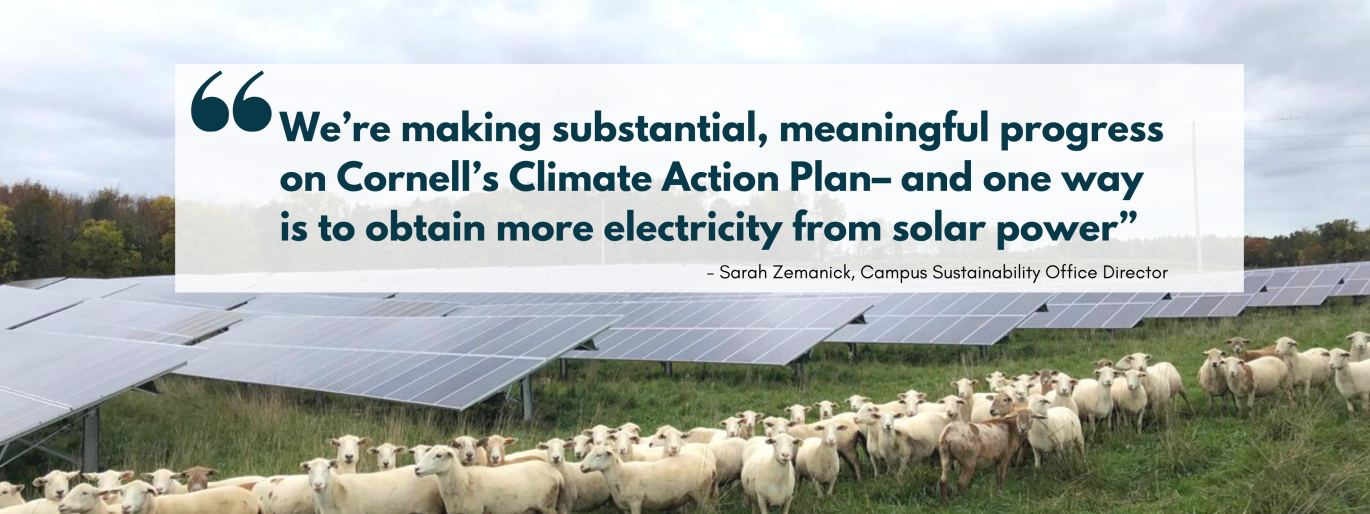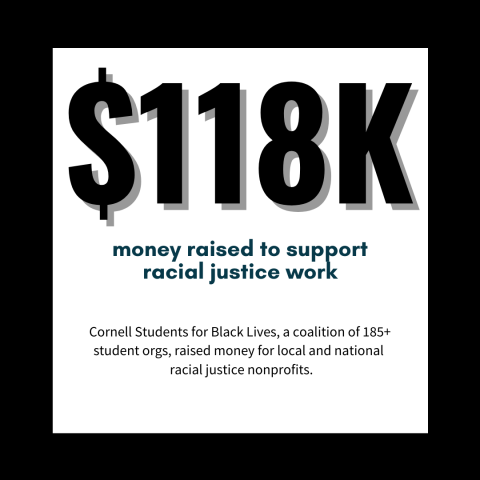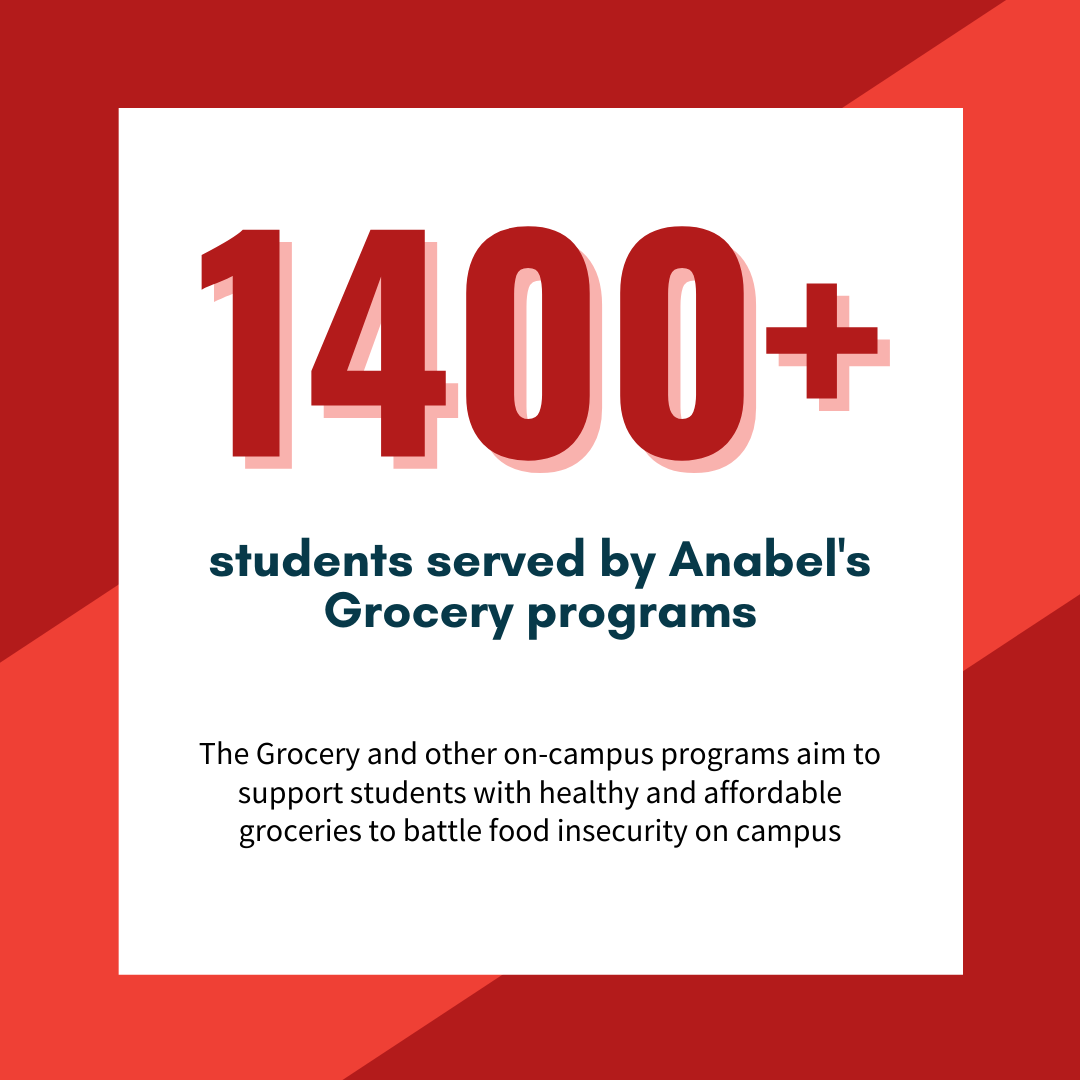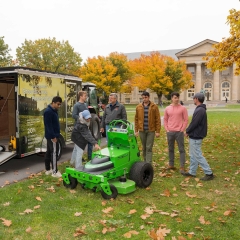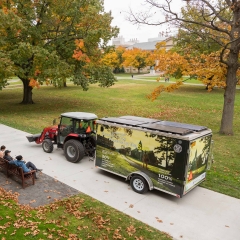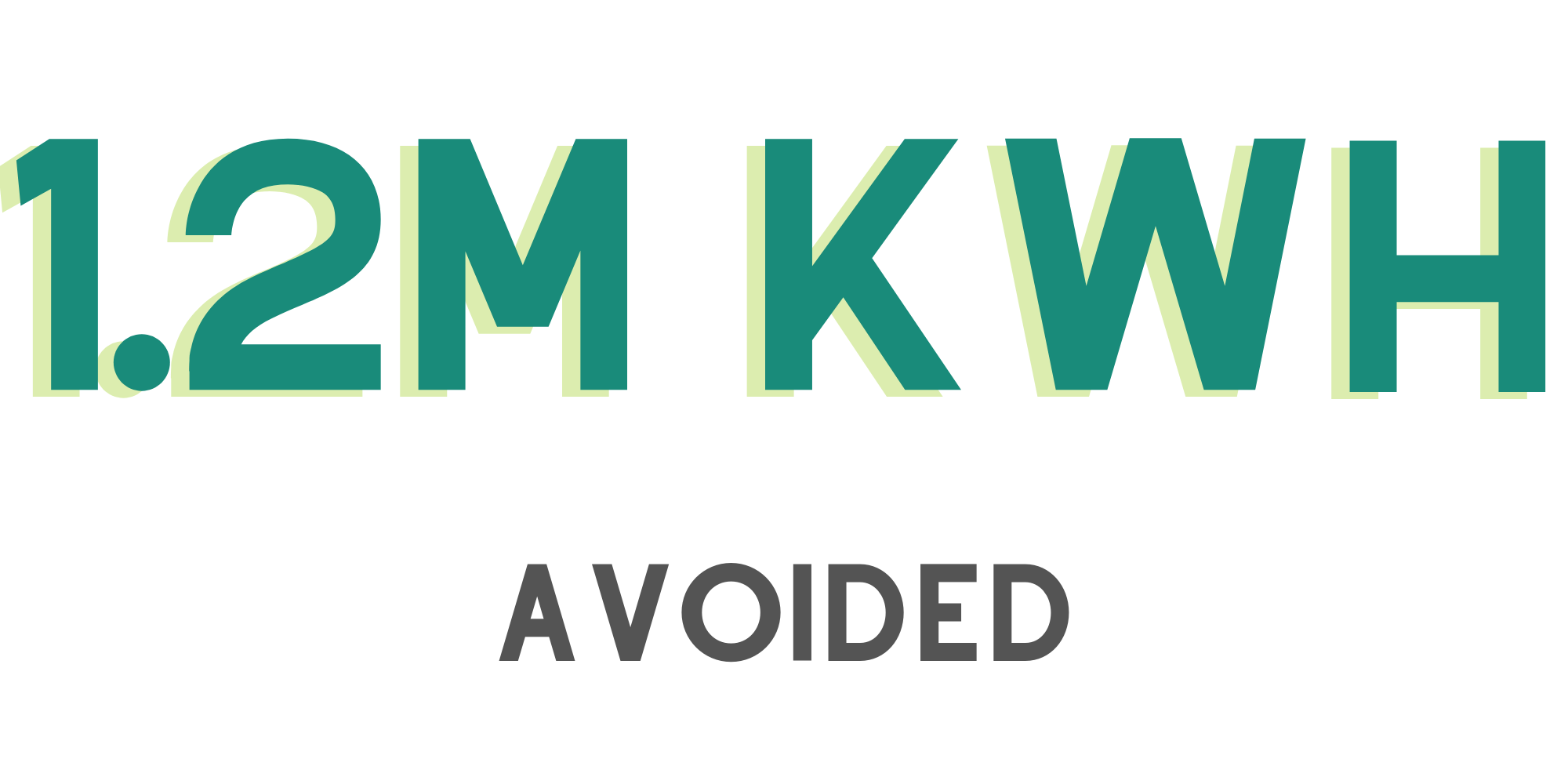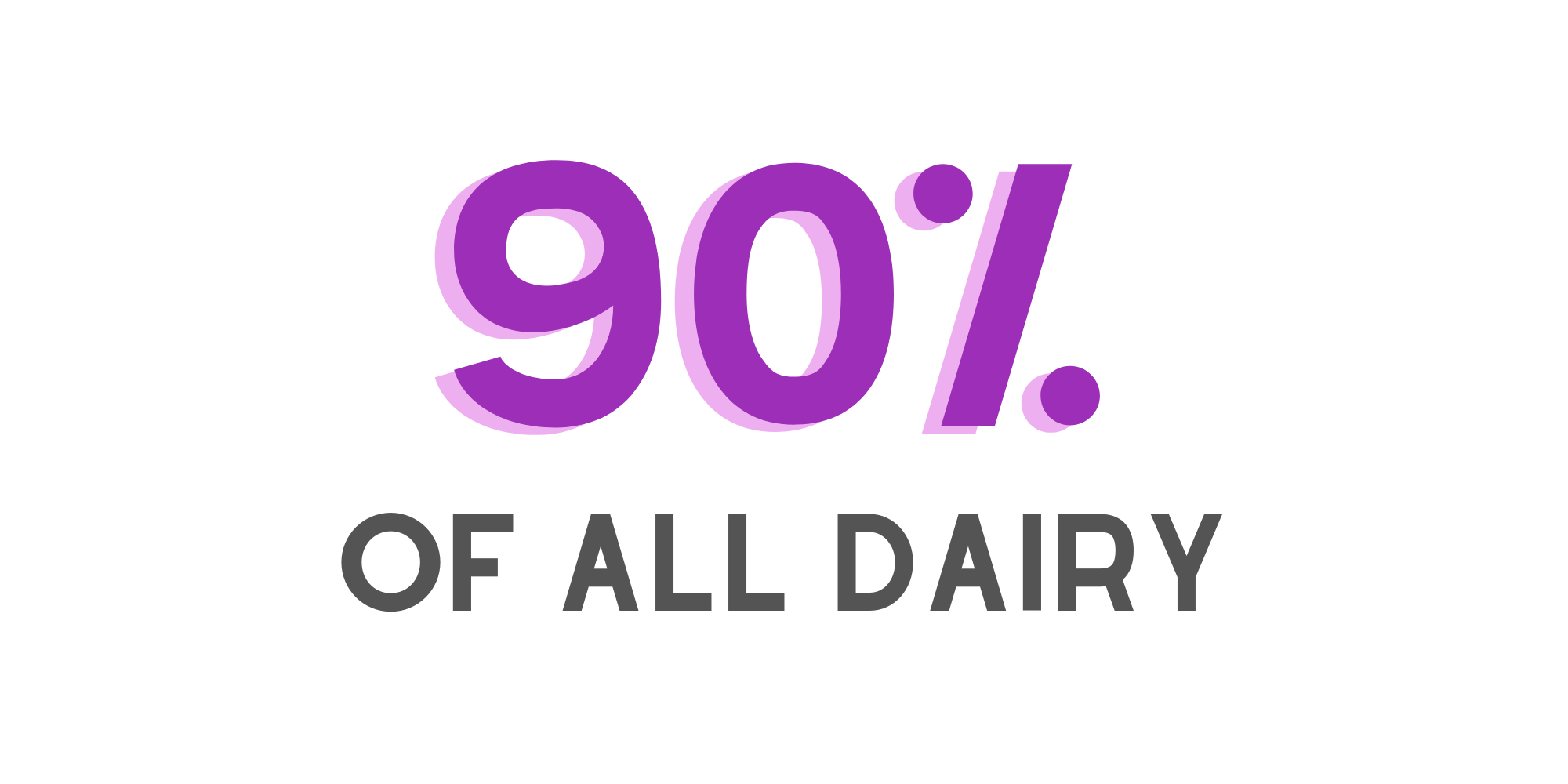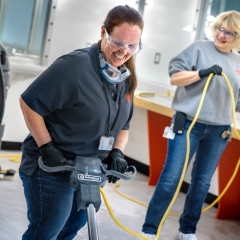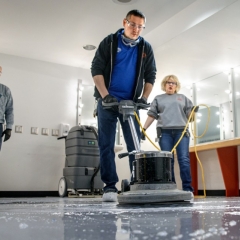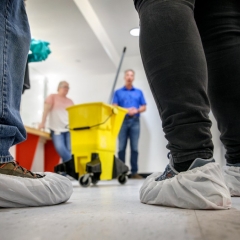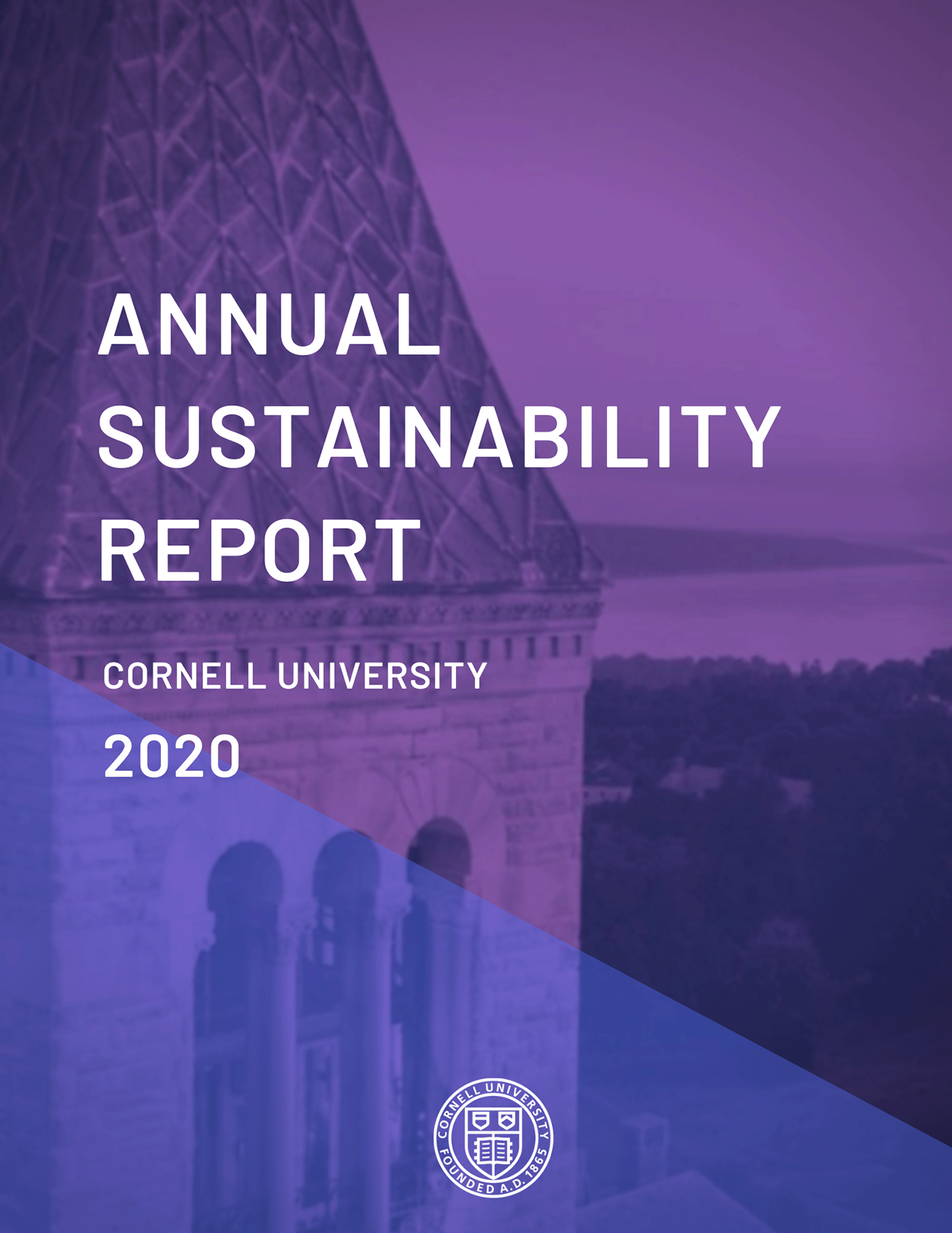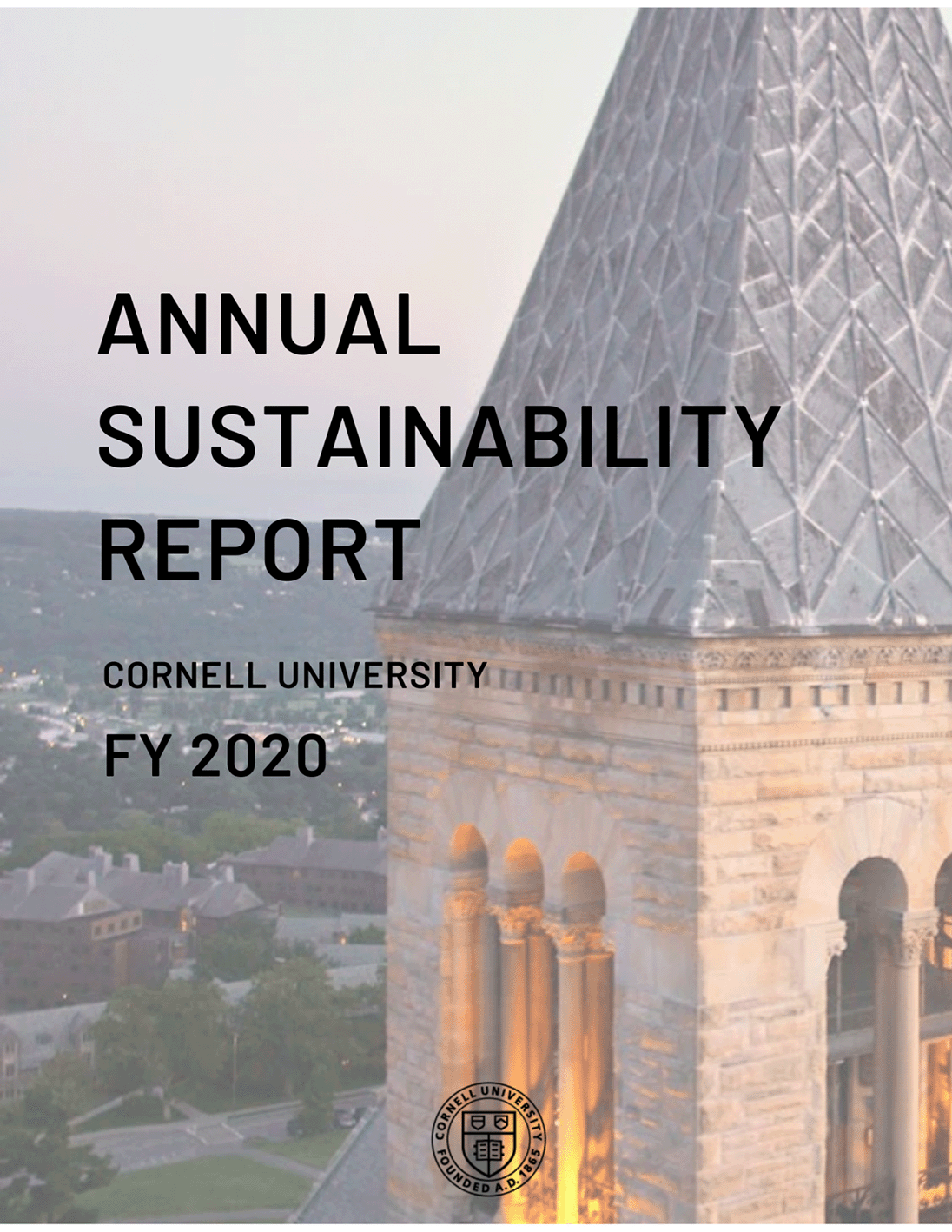2019-2020 Sustainability Report
Road to STARS Platinum
The 2019-2020 Sustainability Report is a snapshot of the progress, initiatives, and projects of our campus community as we pursue carbon neutrality and a more sustainable campus, community, and world.
Explore the report sections below to learn more about how Cornell became the first Ivy League institution to achieve STARS Platinum, progress towards the goal of campus carbon neutrality by 2035, and innovative projects undertaken by staff, students, and faculty in every corner of campus.
Jump to Report Sections
Cornell University is a global leader
in the path towards campus sustainability
Even with the massive upheaval to operations and education posed by a global pandemic, our community had many moments to share from a year filled with sustainability progress and innovative highlights. The 2019 - 2020 academic year saw the University achieving new leadership milestones, such as re-envisioning the sustainability governance committee, and continuing progress on goals, such as continuing to advance renewable energy and carbon neutrality. Here are some of the key highlights:

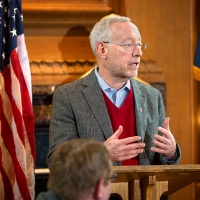
AUGUST 29, 2019
New Sustainability Governance Committee Launched
The Sustainable Cornell Council is created to direct and coordinate Cornell's role in sustainability. The SCC represents the third iteration of sustainability governance and is driven by senior leadership and staff, faculty, and student representatives.

January 17, 2020
20MW Solar Farm Launched
The new Cascadilla Community Solar Farm comes online, doubling the clean and renewable electricity being used by the University and bringing the overall number to 20% . The new solar farm is cared for by sheep who mow the grass, cutting down on fossil fuels in landscaping.



MARCH 7, 2020
Renewable Energy Supply Meets Demand
For the first time in 100 years, the Ithaca campus sees power demand matched entirely by renewable energy. The Cascadilla Community Solar Farm, brought online earlier in the year, produces additional power during peak months.
May 22, 2020
Moratorium on Fossil Fuel Investments Announced
The Cornell University Board of Trustees votes to institute an immediate moratorium on new private investments focused on fossil fuels, and to grow investments in alternative energy technologies. The moratorium evaluated the financial outlook for coal, oil and gas and threats posed by climate change.


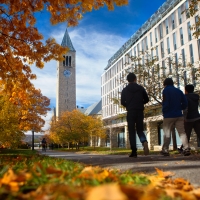
JUNE 5, 2020
First Ivy League to Achieve Platinum Sustainability Rating
In a historic national achievement, Cornell becomes the 1st Ivy League and the 6th institution in the world to achieve a STARS Platinum Rating from the Association for the Advancement of Sustainability in Higher Education.
A few more leadership highlights.
Our campus participates in transparent higher education reporting and goal-setting efforts, ensuring solutions can be shared and progress accelerated across Universities. Using our public, transparent reporting to Second Nature, AASHE, and other entities, we can compare how Cornell is progressing on key metrics and important areas of leadership.
What is a Platinum Sustainability Rating, and why does it matter?
The Sustainability Tracking, Assessment & Rating System™ (STARS) is a transparent reporting framework for colleges and universities to measure their sustainability performance.
Platinum is the highest possible rating available.
STARS allows campuses to benchmark their progress, and be transparent in reporting on initiatives, goals, and achievements. By sharing our work publicly we can accelerate solutions and identify ways to improve. Cornell was required to complete a rigorous data review process with internal auditors and staff at the Association for the Advancement of Sustainability in Higher Education, which administers the program, engage 100+ campus partners in data gathering for 1,000s of points of information, and must continue to report on a regular basis to maintain and improve the rating over time.
Prior to 2019, Cornell had held the record for the longest-running Gold rating of any campus in the world. Achieving Platinum represents the hard work of individuals in every corner of campus, building on years of commitment and sustainability progress.
Learn more about how the University scored - including 45 reporting areas with perfect marks! - in these interactive charts.
To learn more, explore the Full STARS Report
or see more of this year's highlights
in our Platinum infographic.
On track for neutrality, with emissions down by 1/3.
From the University's original baseline set in 2008, campus has successfully reduced (and maintained a reduction) in greenhouse emissions which lead to climate change by 1/3. The annual greenhouse gas inventory details this progress, and new areas of consideration and reporting on Cornell's footprint. In FY2019, students completed an initial survey of Cornell's purchasing emissions impact. This study will be used to continue understanding where our community can make the biggest impact to model climate mitigation and sustainability, in every part of our habits and supply chain.
Between 2018 and 2019, the Cornell campus maintained a 36% reduction in greenhouse gas emissions from the 2008 baseline.
Currently, the University is working towards 100% renewable energy power for the campus by 2035. The Climate Action Plan guides these efforts and is implemented by many campus constituents. This year, a new Carbon Neutral Campus Steering Committee was launched as part of a third-generation sustainability governance committee - the Sustainable Cornell Council - to oversee strategic climate action initiatives.
The campus saw new solar farms come online this year, and is pursuing the development of Earth Source Heat, an enhanced geothermal system that would use the Earth’s internal heat to warm its campus.
Campuses with large research laboratories and facilities, and those in temperature extreme environments, have the greatest challenge ahead for emissions reduction. Cornell has both.
But, when comparing emissions reductions to other campuses of a similar size, our institution is still a top performer, with only three institutions reducing a greater percentage of emissions over time. (Some institutions have even increased emissions over time!)
There is still work to be done. But our campus is on track to continue demonstrating leadership, with the help of every member of the campus community.
See more peer performance reporting at reporting.secondnature.org.
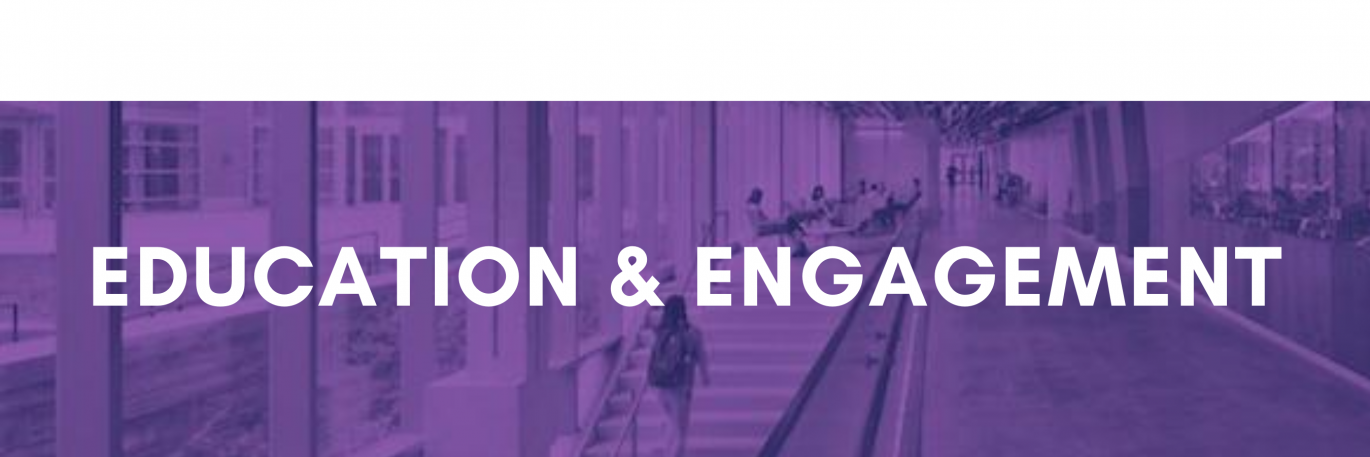
Every student now graduates with sustainability learning outcomes.
For the first time in FY2019, every college at Cornell University includes sustainability learning outcomes as part of the core curriculum for students. That means every students - regardless of area of study or major - graduates from Cornell ready to create a better tomorrow. Whether you study in English, Industrial Labor Relations, International Business, Plant Sciences, or Engineering, classes you will take prepare you for our greatest challenges. See the full list of classes with explicit sustainability content to get started.
Key facts on sustainability education and engagement this year:

With over 40 student clubs focused on sustainability, every student can find a passion area to pursue. The Environmental Collaborative (ECO) serves as an umbrella organization to coordinate student efforts.

That's a lot of community service! In fact, the average service time donated by a Cornell student is 20 hrs per year. This year, Cornell re-certified to have a Carnegie Community Engagement Classification, an elective designation that indicates an institutional commitment to community engagement.

The numbers have grown over time, and this year over 1/3 of all faculty at Cornell participate in some kind of sustainability research. 96.7% of all research departments have faculty performing sustainability research, and 558 faculty serve as fellows with the Cornell Atkinson Center for Sustainability.

As of 2019, every student and staff member at Cornell has access to an active peer-to-peer education program. The Residential Sustainability Leaders & Compost Managers serve students, while the Sustainability Ambassadors Network and Green Teams serve staff and faculty. Staff are still welcome to develop new Green Teams for their office or department.
Our engagement programs are growing.
By empowering our community, we harness the
innovation potential of every member of the campus community.
Student and staff educator programs have grown over time.
Several factors can account for this growth, including the establishment of full time staff in the Campus Sustainability Office to support programs. Programs have also grown due to increased interest and support across campus divisions.
Sustainability Teams (commonly referred to as Green Teams) have doubled on campus in the last year thanks to efforts by staff to create a culture of sustainability across various colleges & units.
New teams have been launched at The Big Red Barn Graduate and Professional Student Center, the Herbert F. Johnson Museum of Art, Cornell Lab of Ornithology, and the Office of the Judicial Administrator.
Students and staff drove real change
with big impact on campus.
The student body and employees at Cornell is always taking on big challenges. This year, students collaborated during a virtual Spring semester to raise funds for critical social justice issues and both staff and students continued to support efforts to reduce food insecurity on campus.
Our campus is a living laboratory for sustainability progress.
What happens when faculty, students & staff work together on big ideas by using our campus as a test bed for new ideas and study? The answer is bold new sustainability outcomes. Our vision for a living laboratory campus is one where faculty, staff, and students can utilize the campus as a testing ground for new ideas, and study our own behaviors and operations to rapidly improve sustainability. This year, our campus was home to over 40+ living laboratory experiments, educational tours, and projects.
Living Lab Project:
Solar Trailer for Grounds Department
This year Cornell University Sustainable Design: CUSD partnered with the Grounds Department in Facilities to design and build a mobile solar trailer - moving our landscaping and groundskeeping closer to carbon neutrality.
The trailer harnesses all the solar power needed to use an electrical mower, leaf-blowers, and hedge trimmers. It produces 1,151.2 kWh of energy over the course of a year - enough energy to power a normal 60 watt lightbulb for 2.2 years.
By using the renewable energy, the Grounds Department is able to save approximately 33 gallons of gasoline or diesel and 660 lbs of greenhouse gas emissions. With a functional trainer to test electrical grounds equipment, the Grounds crew can scale up future purchases as new electrical landscaping equipment becomes available on the market.
To make our operations more sustainable, change is required at every level.
The Cornell Ithaca campus is constantly improving facilites and operations to become more sustainable. Changes this year were championed by partners in Facilities & Campus Services, Dining Services, Building Care, and many other departments dedicated to make improvements to the way we work and operate a large campus.
Key campus operations sustainability highlights:
Reducing our environmental footprint starts with saving energy - and that requires the help of every single person on campus to take action. This year's Energy Smackdown & Winter Setback energy-saving campaigns saved the equivalent of 97 American homes' annual energy use. That's a lot of people-power!
That's the percentage of construction materials that avoided the landfill this year, and instead were reused or recycled. Did you know that Cornell's recycling department is actually called R5 Operations which stands for Respect, Rethink, Reduce, Reuse, Recycle?
Our policy to build to LEED Silver Standards or higher, and other specific building performance targets, have led to the growth of green buildings on campus. In this fiscal year, Fine Arts Library at Rand Hall, Cornell Health, College of Veterinary Medicine Center Expansion and College of Veterinary Medicine-Small Animal Community Practice – were newly certified with GOLD, GOLD, GOLD and SILVER, ratings respectively.
Reducing our environmental footprint starts with saving energy. This year's Energy Smackdown & Winter Setback energy-saving campaigns saved the equivalent of 97 American homes' annual energy use.

And just a few more facts about campus operations this year:


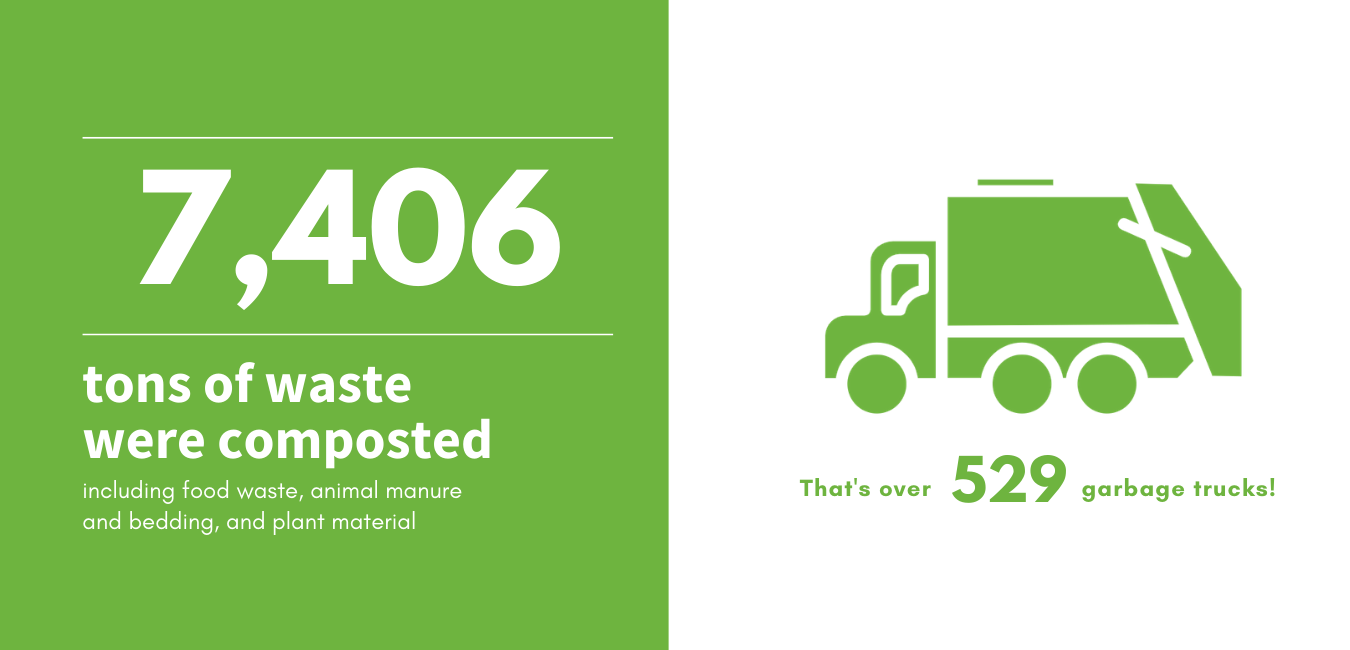

Discover more about your campus using the Sustainability Map!
With over 300 points of interest - from bottled water filling stations to sustainability centers and solar arrays - use the map to see how sustainability can be found in every corner of our campus.
A new Council, and a new vision for sustainability at Cornell.
Cornell launched it's third iteration of sustainability governance and coordination this year with the launch of the Sustainable Cornell Council, a committee comprised of a Leadership Council with senior staff and representatives from the campus community, and three Steering Committees to provide targeted oversight and action with community experts.
Current sustainability priorities include:
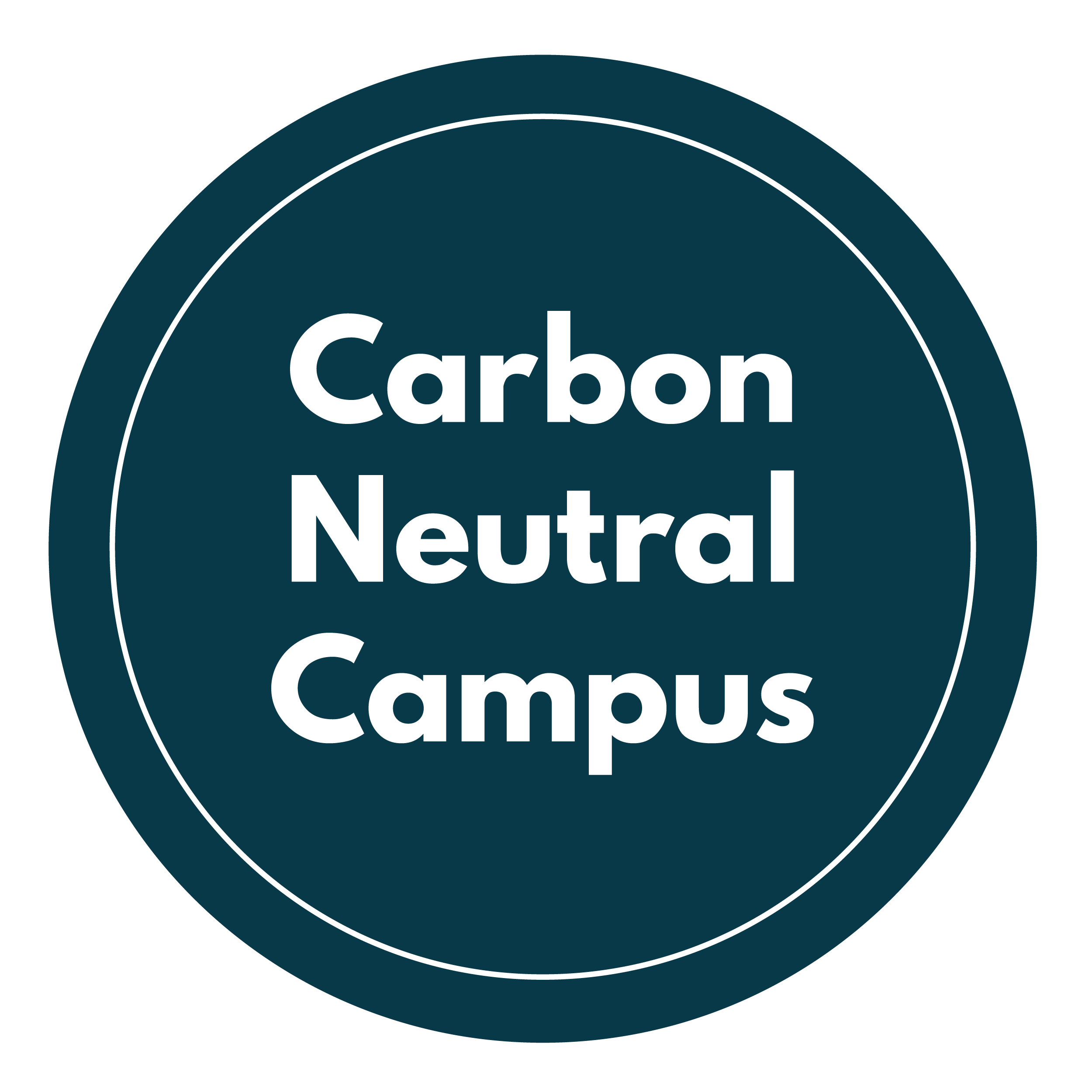
Advance campus carbon neutrality through implementation of the Climate Action Plan.
-
Make or Buy Summer Electricity: Analyze the carbon impact of making power at the Central Energy Plant when waste heat cannot be utilized, vs. buying power from the grid.
-
Protocol for Upstream Methane Leakage: Recommend a protocol for Cornell to assess and report the upstream methane emissions associated with natural gas use at the Central Energy Plant.
-
Low Carbon Business Travel & Air Travel Carbon Offsets: Develop a plan for piloting voluntary carbon offsets for air travel in order to reduce the carbon footprint associated with business travel. Additionally, study the benefits of reduced business travel and remote business participation during COVID-19 to identify areas for long-term adoption which benefit the academic mission and wellbeing of the Cornell community.
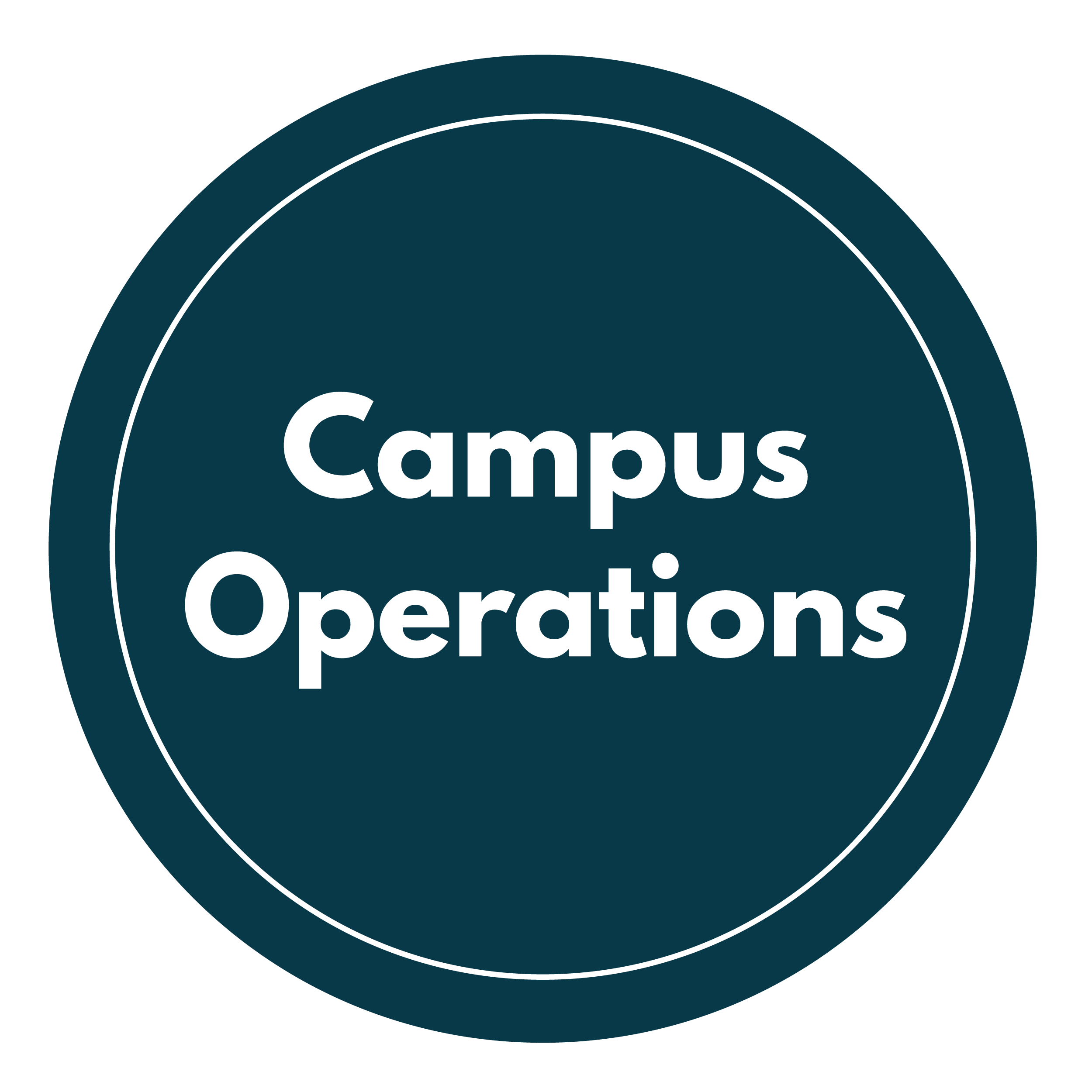
Advance initiatives for a model sustainable campus that support climate resilience and human and planetary health.
-
Purchasing and Inventory Optimization: Improve procurement of building outfitting and systems maintenance inventory to reduce redundancy and waste in these systems, and improve the sustainability of core products such as building cleaning, lighting, etc.
-
Dining Operations Food Waste Reduction: Evaluate opportunities for food and other waste-minimization in both process and products in Dining Services back-of-house operations.
-
Transportation Impact Prioritization: Evaluate and create a prioritization matrix for Cornell’s investment across four sustainable transportation areas: Transportation Demand Management (TDM), updating fleet vehicles, improving access to public transit, and electrification solutions to improve adoption of sustainable commuting & business travel.
Featured Success:
Cleaner Cleaning Products
As part of the Campus Operations Steering Committee's priorities to improve Purchasing and Inventory Optimization, building care products were targeted and updated this year. The Building Care team provides sanitary services to campus buildings. A year ago, the team used eight different floor-stripping chemical products; now, it’s just one. The group pared 13 floor finishing products down to two, more sustainable products.
“We wanted to get rid of harsh chemicals, as it’s better for our staff and it’s better for the environment,” said Robin Keith, training coordinator for Facilities and Campus Services. Within two years, Bob Pils, director of Building Care, plans to have his department certified by either the Green Seal GS42 cleaning program or the International Sanitary Supply Association’s Cleaning Industrial Management Standard – Green Building.
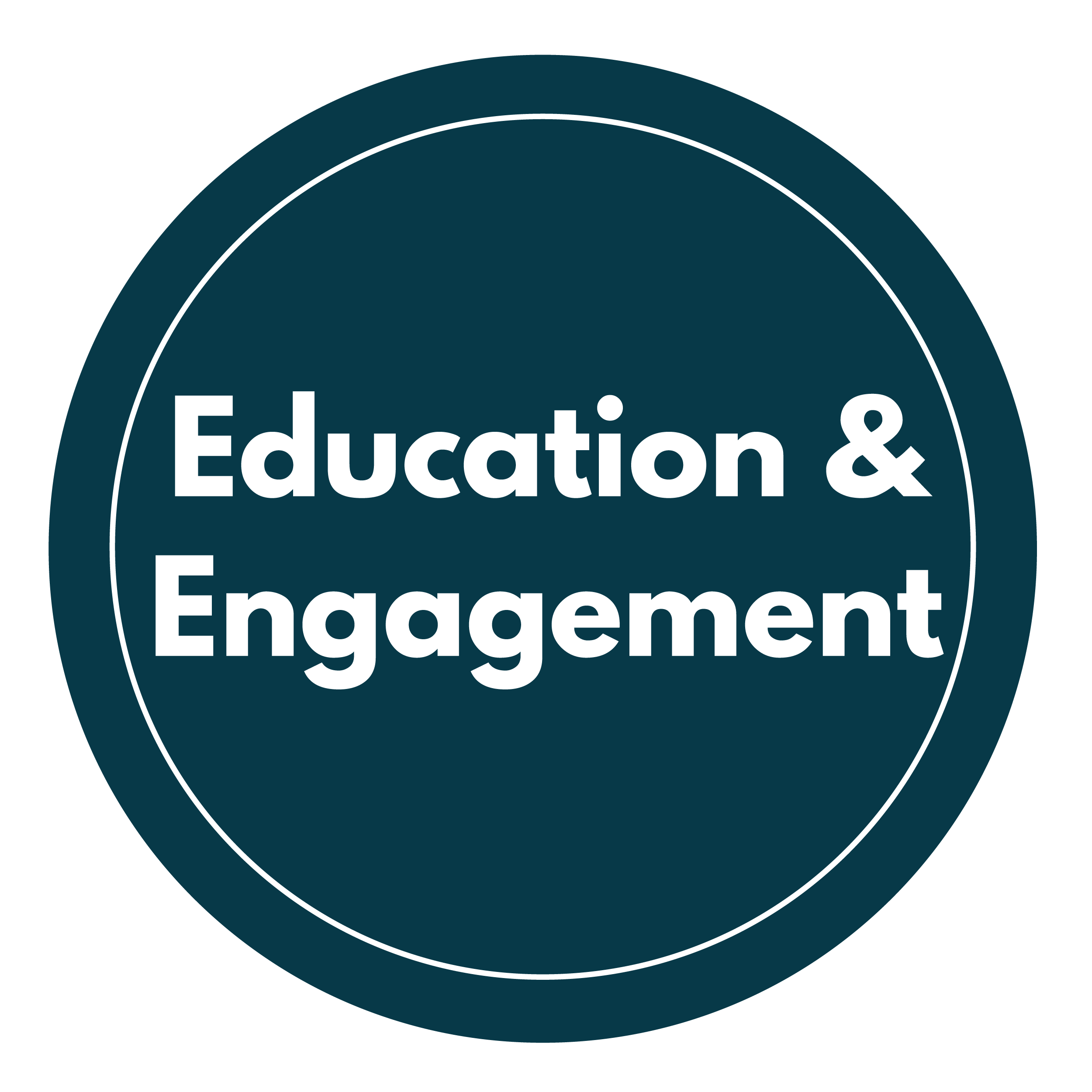
Cultivate literacy and a culture of sustainability responsibility that catalyzes participation across the campus community.
-
Incoming Student Climate Literacy: Advance climate change and sustainability knowledge and skillsets for all students, beginning with the creation of a "To-Do List Module" focusing on climate change in Fall 2020.
-
Behavior Change & Choice Architecture: Assess high-impact opportunities to optimize sustainable behaviors in areas such as food, recycling, and energy management in coordination with SCC Campus Operations.
-
Living Laboratory Program Assessment: Establish a definition of living laboratory research & create a roadmap for program impact & alignment with key academic objectives and operational goal advancement.
 Ready to get involved in creating a more sustainable campus & community?
Ready to get involved in creating a more sustainable campus & community?
-
Read the Climate Action Plan
-
Check out our quickstart guide for first-year students
-
Get more leadership opportunities on the students and faculty and staff landing pages
-
Follow us on Facebook, , or
-
Sign up for our listerv to stay in touch!

